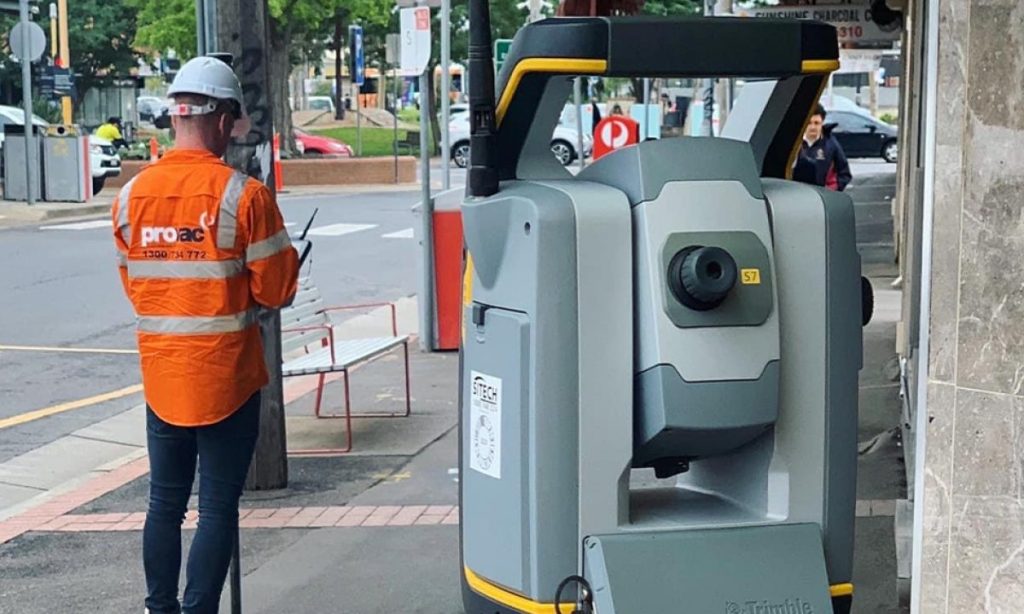In the ever-evolving landscape of urban development and infrastructure expansion, the role of underground service locators has become increasingly vital in preventing accidental utility damage. These professionals are responsible for identifying and marking the locations of underground utilities such as gas lines, water pipes, electrical cables, telecommunication networks, and sewer systems before any excavation or construction work begins. Their work is essential to maintaining the safety of workers, residents, and surrounding infrastructure, and plays a critical role in ensuring that development projects proceed smoothly without costly or dangerous interruptions. Accidental damage to underground utilities can have far-reaching consequences. Striking a gas line, for example, can lead to explosions, fires, or toxic gas leaks, putting lives and property at serious risk. Similarly, cutting through electrical cables may result in power outages, equipment damage, or electrocution hazards. Water main breaks can flood construction sites, disrupt services, and damage nearby structures, while hitting communication lines can lead to service disruptions that affect businesses, emergency response systems, and households.

The financial costs associated with such accidents can be immense, ranging from repair expenses and project delays to liability claims and regulatory fines. Therefore, the work of underground service locators is not just precautionary it is a necessity for safe and efficient project execution. Underground service locators utilize specialized equipment and advanced technologies to detect and map the locations of buried utilities. Ground-penetrating radar GPR, electromagnetic induction, and radio frequency locators are commonly used tools that help these professionals accurately identify utility positions beneath the surface. These technologies allow for non-invasive exploration, minimizing disruption to the ground while providing detailed data. The marked areas, typically outlined with colored paint or flags, inform excavation teams where it is safe to dig and where they need to exercise caution. This information forms the foundation of a damage prevention strategy and ensures that utility lines are avoided during digging operations. In addition to technical skills, Underground service locator possesses a deep understanding of utility networks, soil conditions, and local regulations.
They interpret utility maps, verify service records, and coordinate with utility companies to ensure that all potential hazards are accounted for. Their ability to communicate findings clearly to contractors and engineers is critical for aligning all stakeholders on the importance of safe digging practices. Many jurisdictions also require a utility locate service to be conducted before any ground disturbance, reinforcing its role as a regulatory and safety mandate. As cities continue to grow and the demand for infrastructure intensifies, the reliance on underground service locators will only increase. Their expertise ensures that development projects do not compromise the safety of workers or the integrity of vital utility services. By preventing accidental utility damage, underground service locators not only protect people and property but also contribute to the overall efficiency, cost-effectiveness, and environmental responsibility of construction and maintenance operations. Their role is indispensable in creating safer, smarter, and more sustainable communities.
